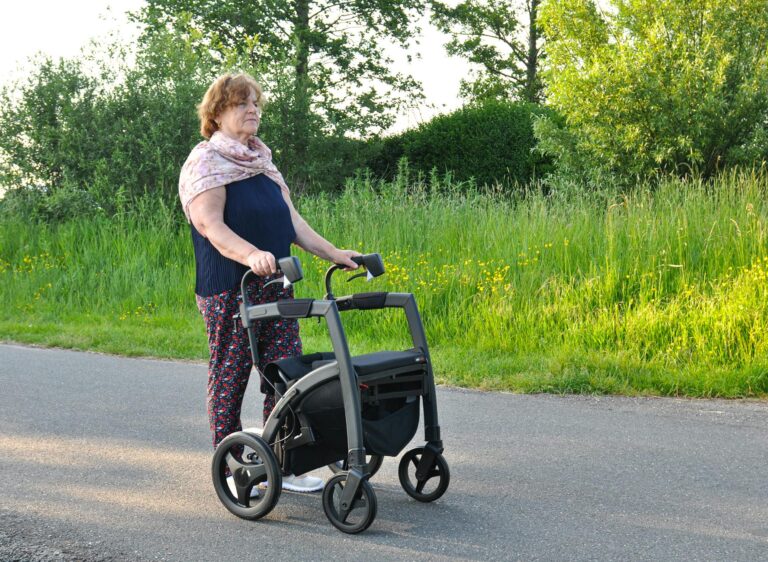Dementia is a progressive condition that affects millions of people worldwide, and its impact on individuals and their families cannot be underestimated. Social isolation, a lack of social contact, has been identified as a significant risk factor for poor mental and physical health outcomes in older adults, particularly those with dementia. The COVID-19 pandemic has highlighted the need for increased awareness of the effects of social isolation on individuals with dementia and the importance of finding ways to mitigate these effects.
The term social isolation refers to a situation where an individual is disconnected from the wider community, lacks social contacts, and experiences loneliness. Social isolation can occur as a result of factors such as retirement, bereavement, mobility issues, and cognitive decline. The latter, in particular, is a significant risk factor for social isolation in individuals with dementia, as they may struggle to maintain social relationships and may become isolated from their communities and support networks.
The impact of social isolation on individuals with dementia is significant and multifaceted. Research shows how extreme the effects of social isolation can be on someone that is older, let alone someone with an ailment like dementia and Alzheimer’s disease. It can exacerbate existing symptoms of the condition, such as memory loss, confusion, and depression. It can also increase the risk of developing new symptoms, such as anxiety, aggression, and agitation. Social isolation can also result in a decline in physical health, as individuals may become less physically active, and may experience a loss of appetite and weight loss. All of these factors can lead to a reduced quality of life for individuals with dementia, and can have a significant impact on their families and caregivers.
One of the key reasons that social isolation is so detrimental for individuals with dementia is that it can lead to a loss of cognitive stimulation. Maintaining social connections and participating in social activities has been shown to help protect against cognitive decline and may even help to slow the progression of dementia. When individuals with dementia become socially isolated, they may miss out on the cognitive benefits of social engagement and may experience a more rapid decline in their cognitive function.
Social isolation can also increase the risk of depression and anxiety in individuals with dementia. These mental health conditions are common in people with dementia, and social isolation can exacerbate their symptoms. For example, an individual with dementia who is already prone to depression may become even more withdrawn and apathetic if they are socially isolated. Similarly, an individual with dementia who experiences anxiety may become more agitated and fearful if they lack social support and reassurance.
In addition to the impact on the individual with dementia, social isolation can also have a significant impact on their caregivers and family members. Caregivers may experience increased stress and burden, as they struggle to manage the care of their loved one without the support of their wider community. They may also experience feelings of guilt and anxiety, as they worry about the impact of social isolation on their loved one’s wellbeing. Family members may also experience social isolation, as they may struggle to maintain their own social connections while caring for their loved one with dementia.
The COVID-19 pandemic has highlighted the need for increased awareness of the impact of social isolation on individuals with dementia. The pandemic has led to increased social isolation for many people, particularly those who are older and have underlying health conditions. This has had a significant impact on individuals with dementia, who may have had to shield or limit their social contact for an extended period. The pandemic has also led to the closure of many day centers and other services that provide social and cognitive stimulation for individuals with dementia, exacerbating the effects of social isolation.
There are a range of interventions that can help to mitigate the effects of social isolation on individuals with dementia. One of the most effective is social prescribing, which involves linking individuals with community-based services that can provide social and cognitive stimulation. Social prescribing can involve a range of activities, such as art classes, gardening, exercise groups, and befriending schemes. These activities can help to provide a sense of purpose for loved ones with dementia or Alzheimer’s disease.

Social prescribing is a form of healthcare that aims to support individuals in improving their health and wellbeing by connecting them with community-based services and activities. These services and activities are often non-clinical in nature, and can include things like art classes, gardening groups, exercise programs, and befriending schemes.
For individuals with dementia who are socially isolated, social prescribing can provide a range of benefits. It can help to reduce feelings of loneliness and social isolation, by providing opportunities for individuals to connect with others and participate in meaningful activities. It can also help to maintain cognitive function, by providing regular cognitive stimulation and opportunities for learning and mental activity. In addition, social prescribing can help to improve physical health, by encouraging individuals to engage in physical activity and promoting healthy lifestyle behaviors.
One of the key benefits of social prescribing for individuals with dementia is that it is a non-pharmacological intervention, meaning that it does not rely on medication to achieve its effects. This is particularly important for individuals with dementia, who may be taking multiple medications and who may be at risk of medication-related side effects. Social prescribing is a low-risk, low-cost intervention that can be tailored to meet the individual needs of each person with dementia.
Another important aspect of social prescribing is that it involves a person-centered approach. This means that the individual with dementia is at the center of the decision-making process, and their preferences and goals are taken into account when selecting appropriate activities and services. This person-centered approach is particularly important for individuals with dementia, who may have complex and changing needs over time.
There are a number of challenges to implementing social prescribing for individuals with dementia. One of the main challenges is ensuring that there are enough community-based services and activities available to meet the needs of all individuals with dementia who could benefit from social prescribing. This may require investment in developing new services and activities, as well as better coordination between healthcare providers and community-based organizations.
Another challenge is ensuring that social prescribing is accessible to all individuals with dementia, regardless of their socio-economic status or other factors that may limit their access to services. This may require targeted outreach and support for individuals who are less likely to engage with social prescribing services, as well as financial support to cover the costs of participating in some activities.
Despite these challenges, social prescribing has the potential to be a powerful tool in mitigating the effects of social isolation on individuals with dementia. By connecting individuals with community-based services and activities, social prescribing can help to promote social engagement, maintain cognitive function, and improve physical health. It is a person-centered, non-pharmacological intervention that can be tailored to meet the individual needs of each person with dementia, and has the potential to improve quality of life for both individuals with dementia and their caregivers. As awareness of the impact of social isolation on individuals with dementia grows, social prescribing is likely to become an increasingly important part of the toolkit for supporting the health and wellbeing of this vulnerable population.





